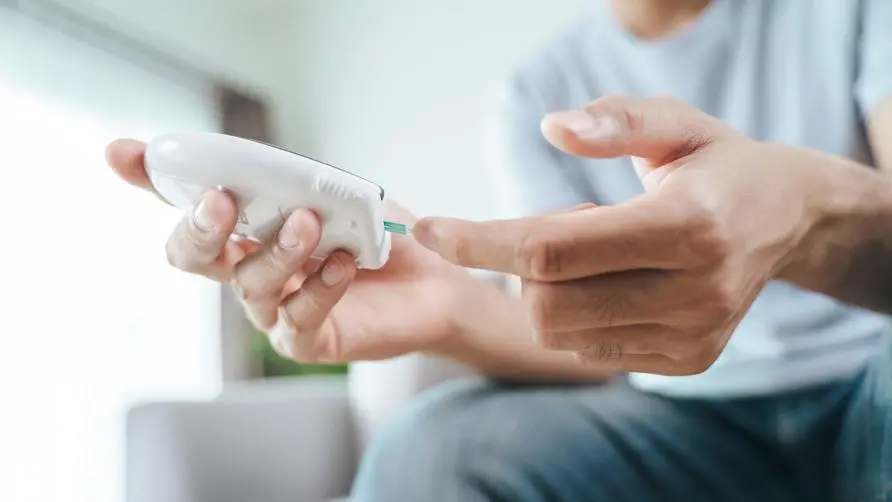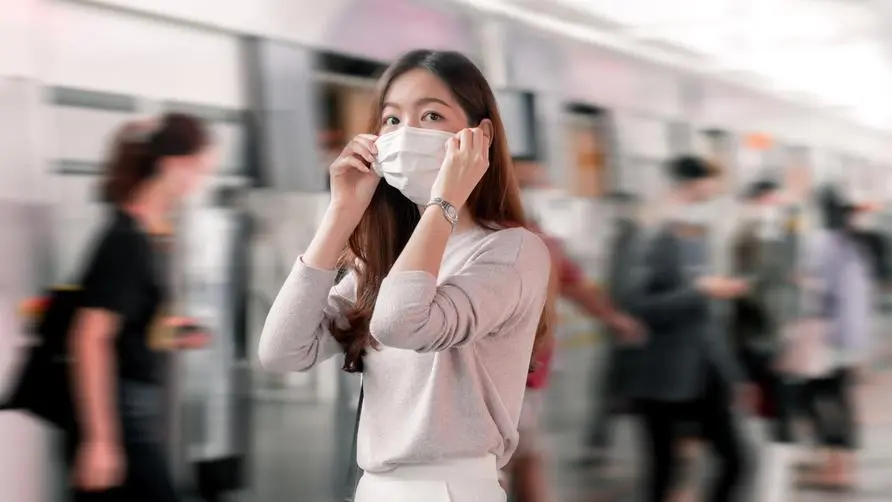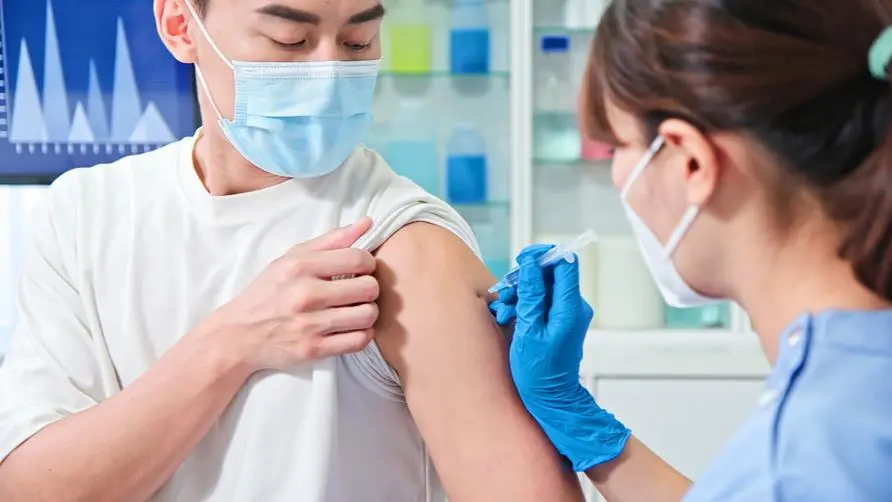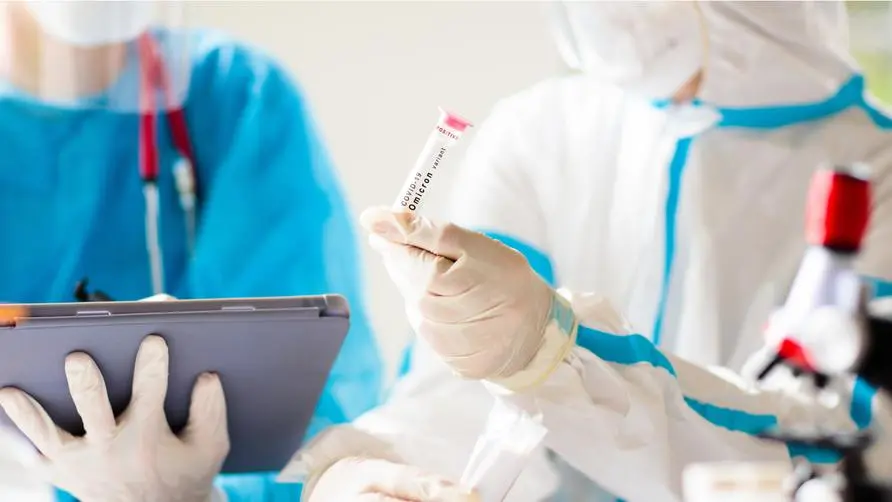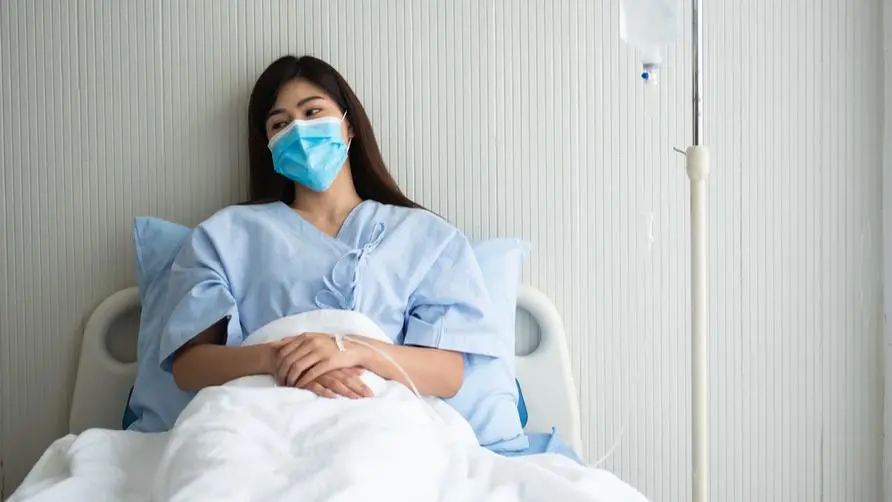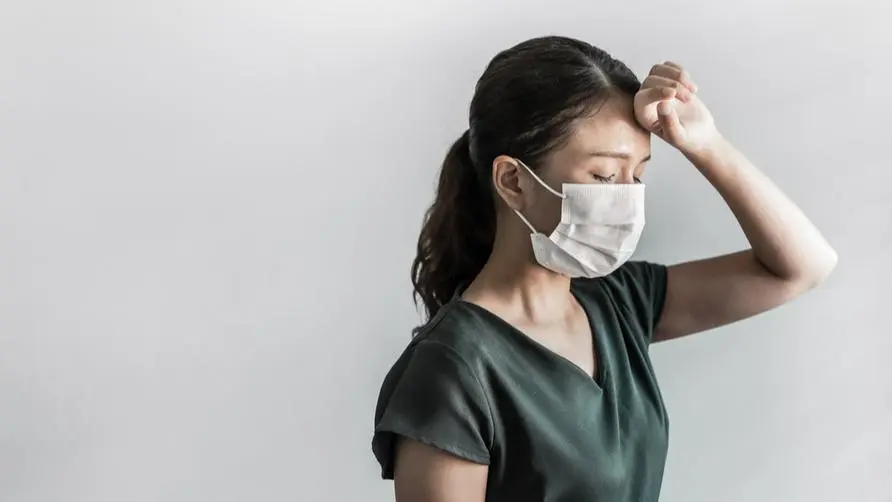Go and fight quickly! Does the third dose of vaccine prevent severe disease? Research: "B cells" play a key role
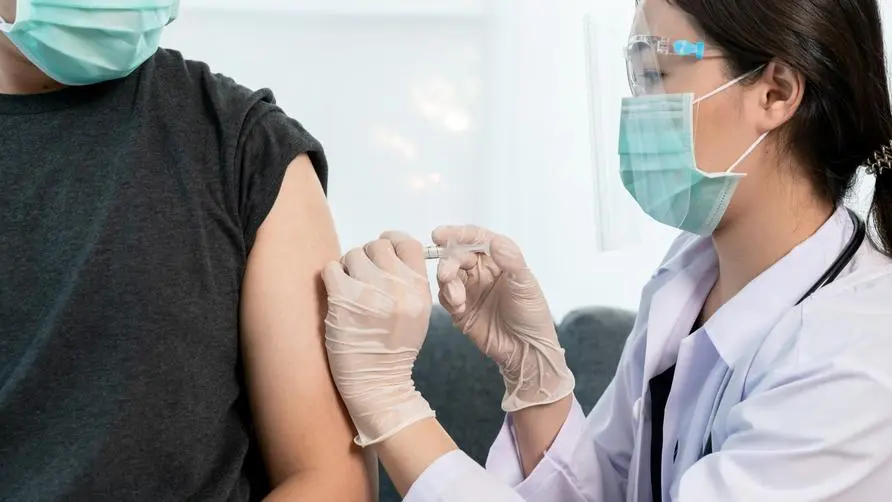
Is the third dose of vaccine effective for Omicron? Can produce more than 50% effective antibodies
Omicron is far more infectious than past mutant strains and has also caused a large number of “breakthrough infections.” Does administering the third dose of the COVID-19 vaccine do more harm than good, and is there any obvious benefit in terms of severe illness and death?
According to the latest research published in “Nature” on April 21, the protection of the second dose of the vaccine dropped significantly between 1.7 and 5 months, but the third dose of the vaccine can help B cells in the immune system (memory cells) increase in number and evolve.
On average, the third dose of vaccine can still produce more than 50% of neutralizing antibodies effective against Omicron virus. Research suggests that having a more diverse pool of memory B cells in the body plays a key role in preventing severe viral infections.
After only 2 doses of antibodies, the rapid decline in Omicron protection is 16 times worse.
This study collected data from healthy adults who had received 2 doses of BNT or Moderna’s mRNA vaccine, and analyzed their blood samples collected from January 21 to December 14, 2021. The study results show that the antibody response dropped significantly 5 months after the second dose of vaccine; between 1.3 and 5 months after the second dose of vaccine, the neutralizing antibodies in the body dropped 7.3 times.
However, after the third dose of vaccine, the titer of neutralizing antibodies against the Wuhan strain increased 11.9 times. Studies have pointed out that neutralizing antibodies produced by mRNA are more effective against the original virus strain than other antibodies. In comparison, the neutralizing antibody activity against the Omicron virus strain after the second dose of vaccine was nearly 16 times lower than the original Wuhan strain.
In addition, the study also found that people who received the third dose of the mRNA vaccine had higher protection than those who only received 2 doses of the vaccine or were naturally infected. After the third dose of vaccine, the level of memory B cells and IgG in the body increased, and the level of CD71 decreased. Overall, compared with the situation 1.3 months after the second dose of vaccine, the third dose of vaccine enhanced the neutralizing effect of B cells in the body against the new coronavirus.
Study on the third dose of vaccine to prevent severe disease: related to the function of B cells
The study concluded that the increase in the number of memory B cells after the third dose of vaccine plays a key role in enhancing protection against severe COVID-19. In fact, no matter which vaccine is used, current research shows that the concentration of neutralizing antibodies will decrease significantly as the vaccination time increases.
However, the third dose of the vaccine still seems to be able to promote the immune system’s ability to fight against various mutant strains. The study believes that the key lies in the body’s diverse B cell pool, which can produce cell strains that can cope with more mutant viruses, making the immune system more effective. With the increased strain range, it can respond quickly to infections caused by different mutant strains and achieve the effect of reducing severe illness.
Neutralizing antibodies decline rapidly. B cells are the key to fighting mutant strains?
Ali Ellebedy, an immunologist at the University of Washington School of Medicine, pointed out in an exclusive interview with Nature that when the human body is exposed to pathogens, B cells will rapidly divide into plasma cells and produce proteins called “antibodies”. These proteins will bind to the pathogen and Preventing cells from being completely infected is called a “neutralizing antibody.”
Neutralizing antibodies are the only way to “completely avoid” infection, but the B cells that produce antibodies will die after a period of time, causing the concentration of neutralizing antibodies to decrease. However, the body’s immune memory does not only come from antibodies. Memory cells with pathogen-specific memory cells can recognize germs that invade the body again and divide rapidly to produce antibodies to fight the infection.
What’s more, the B cell response will strengthen over time. Six months after vaccination, the number of B cells increases and responds not only to the original COVID-19 strain, but also to other mutant strains. An immune response will occur.
source:
What the Omicron wave is revealing about human immunity
Increased Memory B Cell Potency and Breadth After a SARS-CoV-2 mRNA Boost
Further reading:
